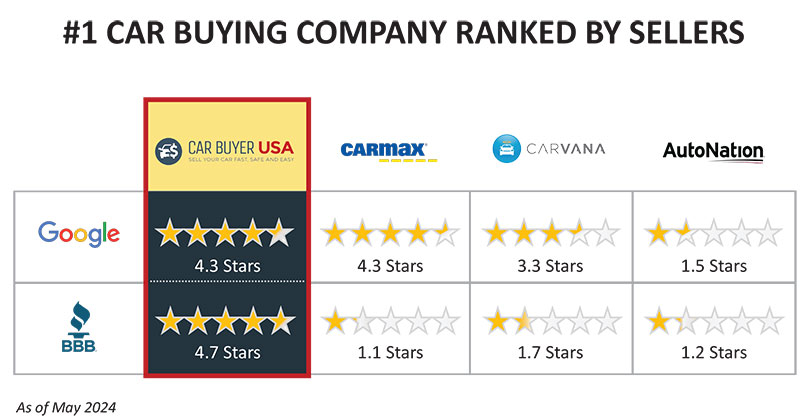
Depreciation is one of the biggest factors affecting the value of your car over time. The moment you drive a new car off the lot, it starts losing value, and this process continues as long as you own it. Understanding how depreciation works can help you make smarter buying and selling decisions.
Depreciation refers to the decline in a vehicle's value over time due to factors such as age, mileage, wear and tear, and market demand. On average, a new car loses about 20-30% of its value within the first year of ownership. Over the next few years, it continues to depreciate at a slower but steady rate. After five years, most vehicles have lost around 50-60% of their original value.The rate of depreciation depends on several factors. The make and model of the car play a crucial role, as some brands hold their value better than others. Luxury cars, for example, tend to depreciate faster because of their high initial cost and expensive maintenance. On the other hand, certain brands known for reliability and fuel efficiency retain their value longer.
Mileage also significantly impacts depreciation. The more miles a car has, the less it’s worth. Higher mileage means more wear and tear on the engine, transmission, and other components, which can lead to costly repairs. A car that has been driven sparingly over the years will typically hold more value than one that has been driven extensively.Condition is another important factor. A well-maintained vehicle with a clean interior, scratch-free paint, and a solid service history will depreciate at a slower rate. Regular maintenance, timely oil changes, and keeping up with recommended services can help preserve the car's value. Accidents, even if repaired, can also lower the resale price, as buyers may be hesitant about potential hidden damages.
Market demand affects depreciation as well. Vehicles that are popular among buyers tend to hold their value better. For example, trucks and SUVs often depreciate more slowly than sedans due to their versatility and higher demand. Hybrid and electric vehicles may also see fluctuating depreciation rates depending on fuel prices and advancements in battery technology. How you buy a car can also influence depreciation. Purchasing a used car that is a few years old allows you to avoid the steepest depreciation drop that occurs within the first year. Certified pre-owned vehicles offer a balance between affordability and reliability, as they often come with warranties and a detailed maintenance history. There are ways to minimize the impact of depreciation. Keeping the car in good condition, choosing a vehicle with a strong resale value, and avoiding excessive mileage can all help retain its worth. Opting for popular colors and trims that appeal to a broad range of buyers can also make resale easier.
When it comes time to sell or trade in your vehicle, being aware of depreciation helps set realistic expectations. Private sales generally yield a higher return compared to trading in at a dealership, as dealers factor in their own costs when making an offer. Online valuation tools and research on similar models in the market can help determine a fair asking price, however, those guides are exactly that, a guide. For an accurate and reliable valuation of your car, choose a platform that stands by its offers. Car Buyer USA.com provides fair and transparent pricing without requiring extensive vehicle descriptions. Plus, we respect your privacy—no email, phone number, license plate, or personal information needed. GET AN OFFER FAST & FREE in under 20 seconds!
Depreciation is an inevitable part of car ownership, but by understanding how it works, you can make choices that minimize its financial impact. Whether you’re purchasing a new or used vehicle, maintaining it properly, or planning for resale, being informed about depreciation ensures you get the best value from your investment over time.


